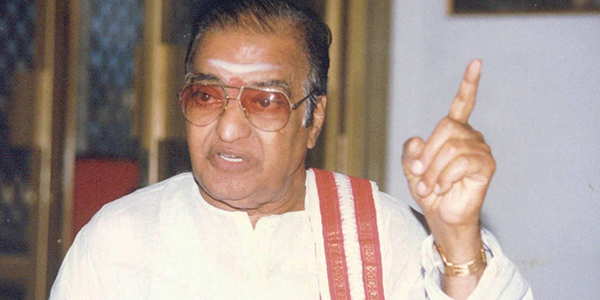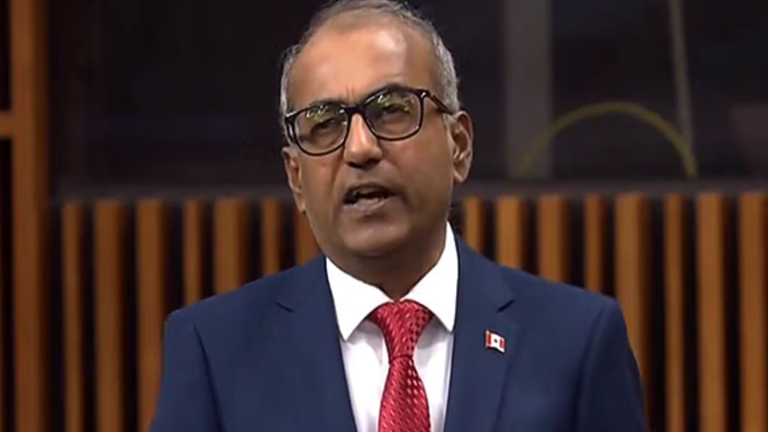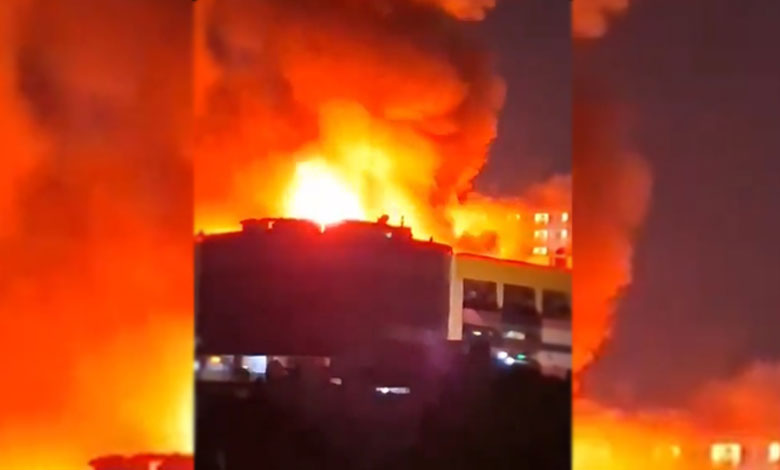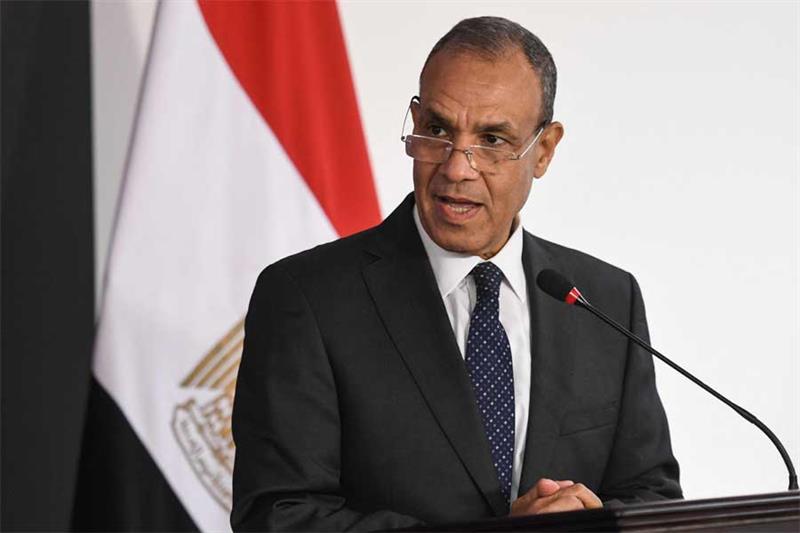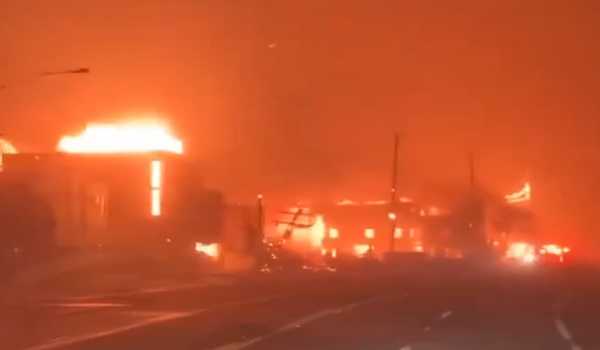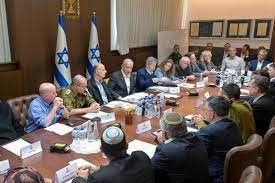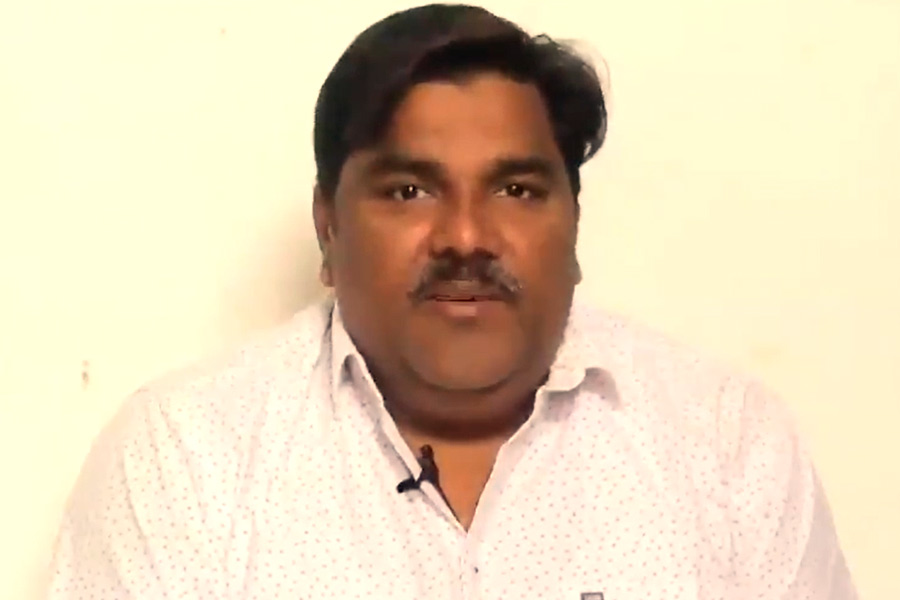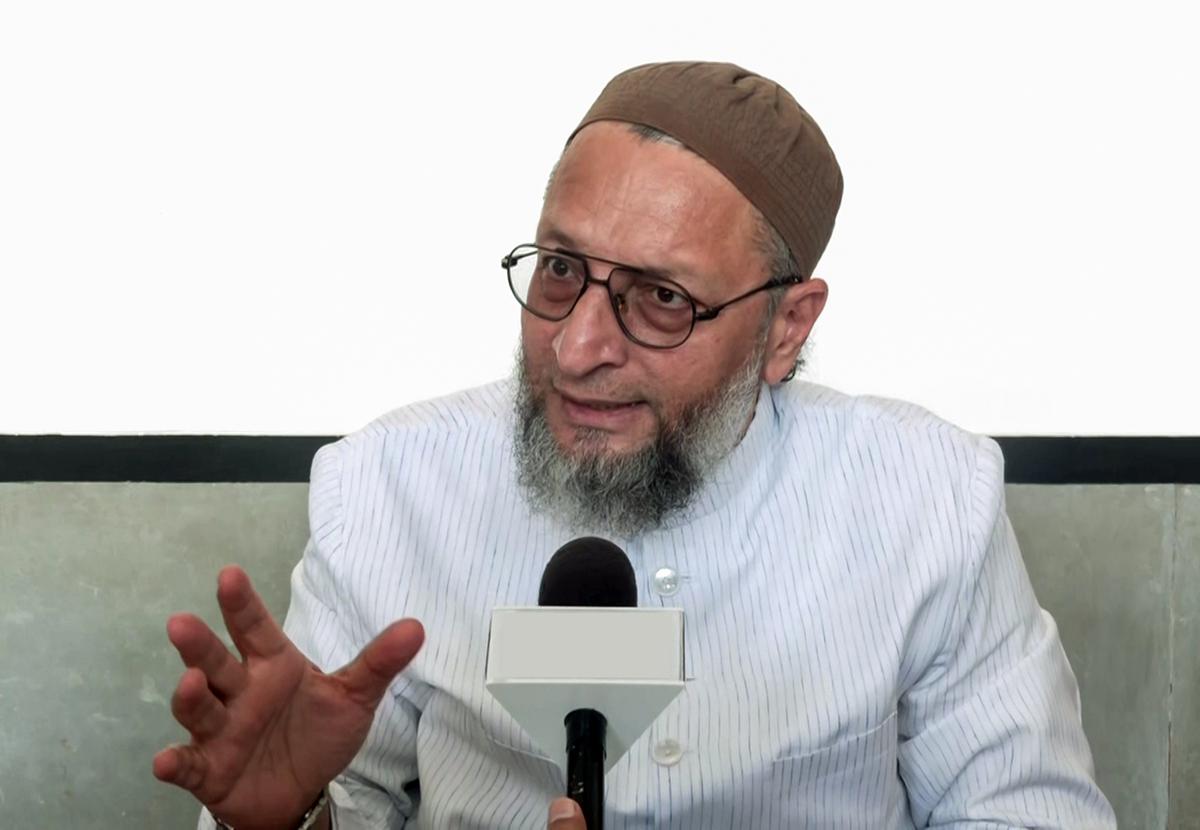Govt Sources: Reports Of External Affairs Minister S Jaishankar Meeting Taliban Leaders Untrue
Tue 29 Jun 2021, 23:41:42
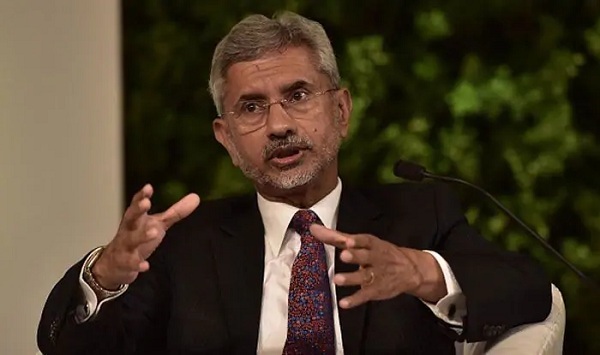
Sources in the government on Tuesday denied reports that India’s foreign minister S. Jaishankar met with Taliban’s top leader Mullah Baradar, saying “Such reports are completely false, baseless and mischievous.’’ This was in response to journalist Sami Yousafzai’s tweet this afternoon that said, “Afg Taliban sources in Quetta shura confirmed details meeting of Taliban leader Mullah Baradar, Khairullah and Shaikh Dilawar with India’s external affairs minister Mr Jaishankar Taliban assured India that in future Taliban relations with India won’t be based on Pakistan wishes.’’ This seems exactly what New Delhi wished for and is unlikely that any senior Taliban leader would openly make such a pronouncement, considering their close ties with Pakistan and the fact that Pakistan has confirmed that the families of leading Taliban leaders reside there. But it is likely that India has made contact with the Taliban but not at the ministerial level.
There has been much speculation in recent months about India’s outreach to the Taliban. In the past, Delhi has steadfastly kept away from the Taliban and been one of the most vociferous supporters of the democratically elected leaders of Afghanistan. First, it was President Hamid Karzai and now President Ashraf Ghani. It had also suited both Delhi and Kabul to make a common cause against the Taliban and point fingers in unison at Pakistan’s role in sheltering terror groups like the Taliban and Jasih-e-Mohammed and Lashkar-e-Taiba to launch attacks on Afghanistan and India. But much has changed now with the US -Taliban agreement last year. The Taliban is now accepted worldwide as a legitimate outfit with who not just America, but
Britain, Russia, China and Iran all ready to do business.
Britain, Russia, China and Iran all ready to do business.
With the US and NATO troops set to leave Afghanistan this September, and intra Afghan talks continuing in fits and starts, it makes little sense for India to stay aloof from a major stakeholder in that country. Hamid Karzai had been urging Delhi to engage with the Taliban. The US peace envoy and negotiator for Afghanistan Zalmay Khalilzad had also urged Delhi to engage with them.
In November 18, India had participated in the Moscow talks where the Taliban was present together with Afghan tribal leaders, civil society activists and other prominent figures. Delhi had chosen to send two retired diplomats to Moscow and both said they had no personal interaction with the Taliban delegation.
However, the situation now is quite different. India has to come to terms with the Taliban considering it is a pivotal stakeholder in Afghanistan and expected to be a major force if not the ruling party in the country in future. It would be foolish for any government to ignore the Taliban. India has started to engage and held a “quiet meeting’’ recently but no one knows at what level. Officially the ministry of external affairs has neither confirmed or denied reports of a “quiet meeting”.
When foreign minister S. Jaishankar made an unannounced stopover in Doha on his way to Kuwait on the 9th of this month, and again on the return leg of his journey on the 15th there was speculation galore that a meeting with the Taliban was on the cards. Khalilzad was also in Doha at that point to meet the Taliban. But sources have now ruled out Jaishankar’s meeting with Mullah Baradar.
No Comments For This Post, Be first to write a Comment.
Most viewed from National
Most viewed from World
AIMIM News
Asaduddin Owaisi questions PM Modi's China policy
Jan 08, 2025
Owaisi slams UP over police post near Sambhal mosque
Dec 31, 2024
Owaisi hails SC order on Places of Worship Act
Dec 13, 2024
AAP Corporator Tahir Hussain joins AIMIM party
Dec 11, 2024
Latest Urdu News
Most Viewed
May 26, 2020
Which political party will win the Delhi Assembly polls to be held on Feb 5?
Latest Videos View All
Like Us
Home
About Us
Advertise With Us
All Polls
Epaper Archives
Privacy Policy
Contact Us
Download Etemaad App
© 2025 Etemaad Daily News, All Rights Reserved.

.jpg)
.jpg)
.jpg)

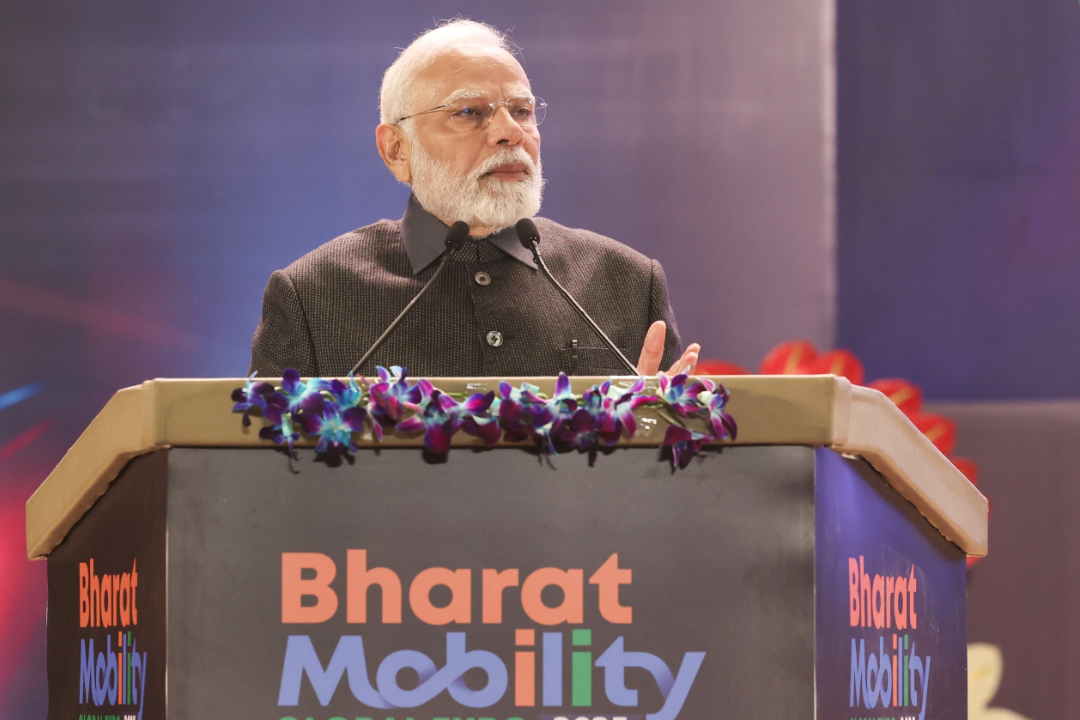
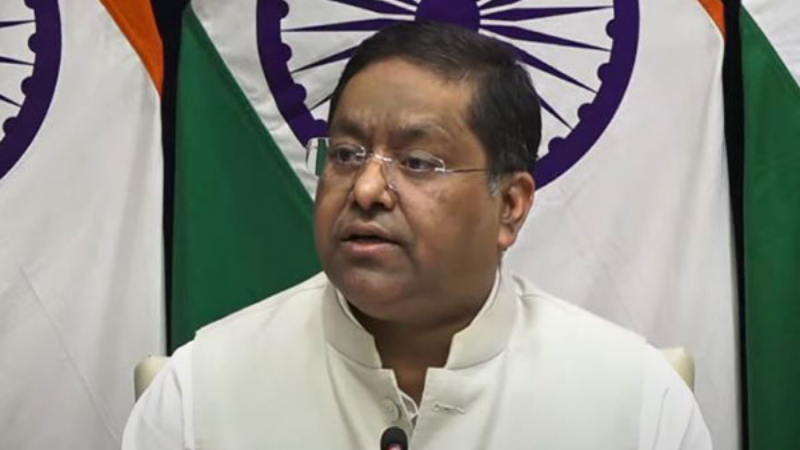
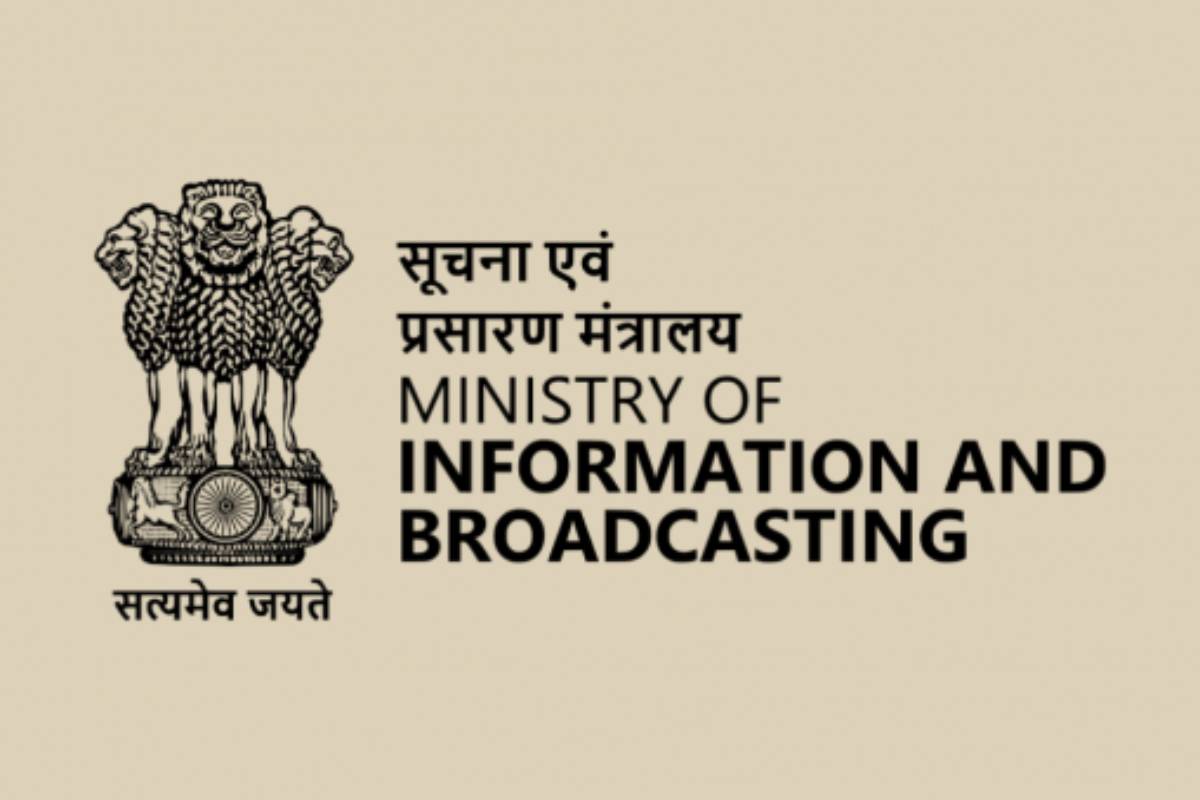
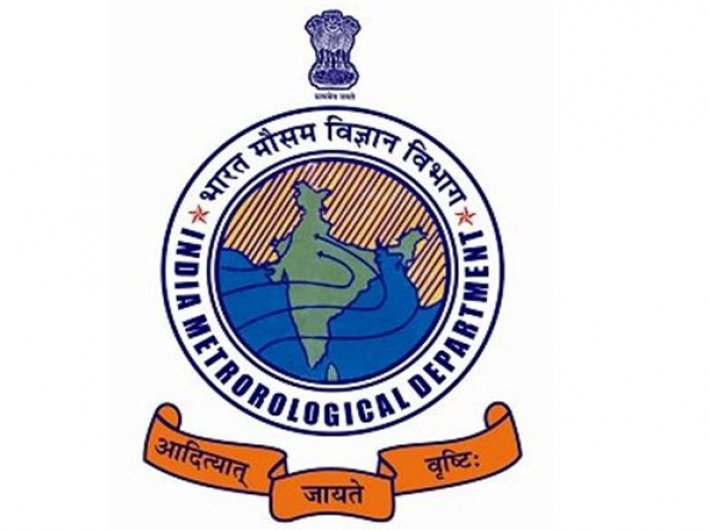
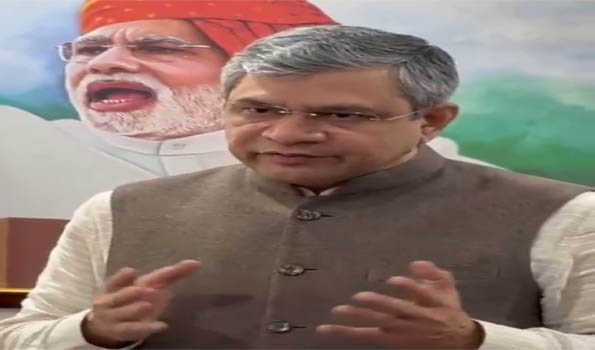
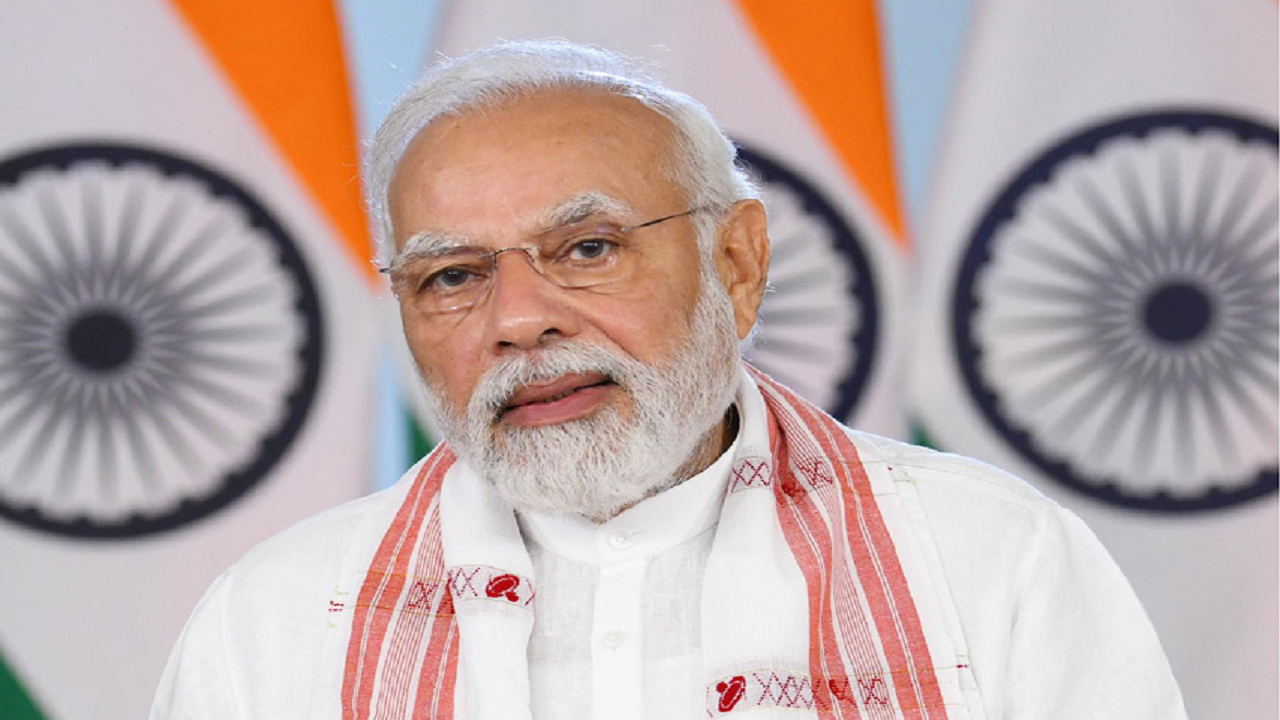
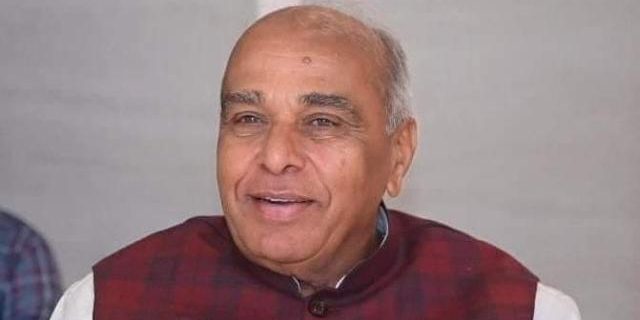

.jpg)
.jpg)
.jpg)
.jpg)
.jpg)

